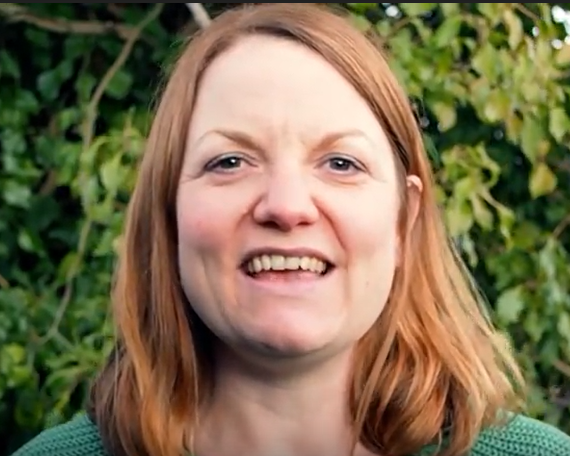This is the biggie! Sleep is SO critical, the Guinness Book of World Records banned attempts at sleep deprivation.
Just read that again.
To contrast it, you cannot try to stay awake for as long as possible, but you can attempt to jump out of a plane without a parachute.
This nugget came from Matthew Walkers’, Why We Sleep book. There was so much incredible content, I wrote a full post on it.
I won’t repeat what has been said there, please do read in your own time though, of course. This article concerns the positive (and maybe surprising) effect coaching can have on sleep.
What happens during sleep that coaching could help?
One of the key functions of sleep is to process what we experience during the day (check out the Human Givens Institute views on this). So, I conclude that, the better we sleep, the more we process and make sense of our daily experiences.
Many people battling with challenges and not working through them or processing them, wake up in the night thinking about them. And, if it isn’t that keeping them awake, they might be up in the twilight hours being reminded of things they think they forgot to do during the day! This can happen because of the sheer volume of “stuff” we have given the brain to process overnight. The pressure of trying to remember things until the next day further impacts sleep by engaging our brain in cognitive processing, so it very quickly becomes a vicious cycle.
If we are experiencing stress AND not sleeping very well either, the effect is doubled of course. Whilst we know stress causes insomnia, there is a great debate about which causes which e.g. does stress cause lack of sleep or is it lack of sleep that causes stress. There are strong arguments on both sides.
How exactly does coaching help?
Coaching is ” a thought provoking process in which we can unlock potential”. It includes evoking awareness on topics that are on our mind, what is getting in our way and how to go about moving forward through them.
If we are working through our challenges in our waking hours (during coaching, and between session activities), then sleep improves, because we go to bed having processed our thoughts. We are not “taking them to bed” and churning over them at night.
This means that we are releasing the brain of a workload, making it easier to process the routine day to day activities, and thus, sleep sounder.
I believe there may also be a knock on impact from improving Boundaries and Control. In realising the power and impact of sleep, we get better at prioritising it. We get clear on what we need and make our personal needs explicit, either with ourselves and/or with those around us.
“Sleeping so much better, most nights all the way through“
bluegreen coaching client quote
Want to start helping yourself?
Think about this:
What do I know I could do to help my sleep, that I am not doing?
Make that small change. How do you feel?
Read more here: Get up to date tips from The Sleep Foundation
Other posts in this series on how coaching impacts well-being, you can read about benefits in Positive Outlook and Sense of Control.

Sheela Hobden is a Coach at bluegreen Coaching. Following her own mental health battles, she now coaches individuals, runs training sessions and speaks at conferences. She has a real passion for helping medics and healthcare professionals take as much care of themselves as they do their patients in whatever life or career conundrums they face! She is also a Mentor Coach and Coach Supervisor. She has a PGCERT in Business and Personal Coaching, holds PCC member status with the ICF and is CIPD qualified. She challenges herself with ultra distance running and Ironman. Find her at www.bluegreencoaching.com or swimming in the sea, in Poole, Dorset
Get more ideas and tips by joining her newsletter tribe – sign up below!
Better still, book in to speak with her directly?
